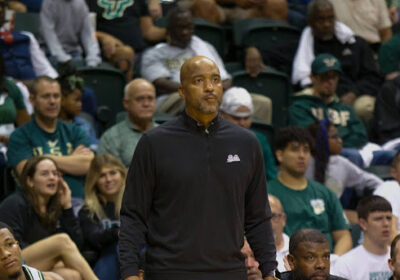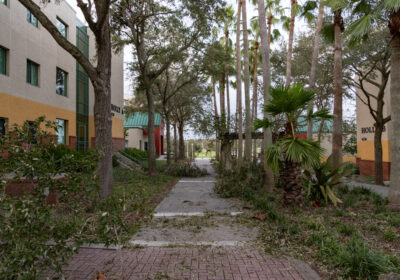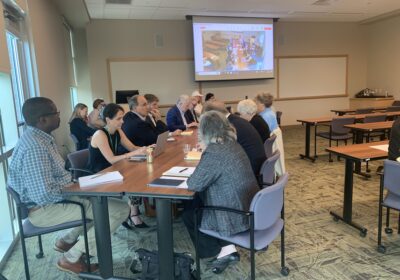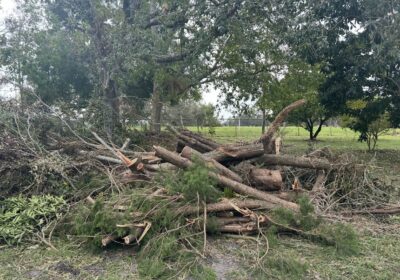USF experts say students need mental health support post-Milton
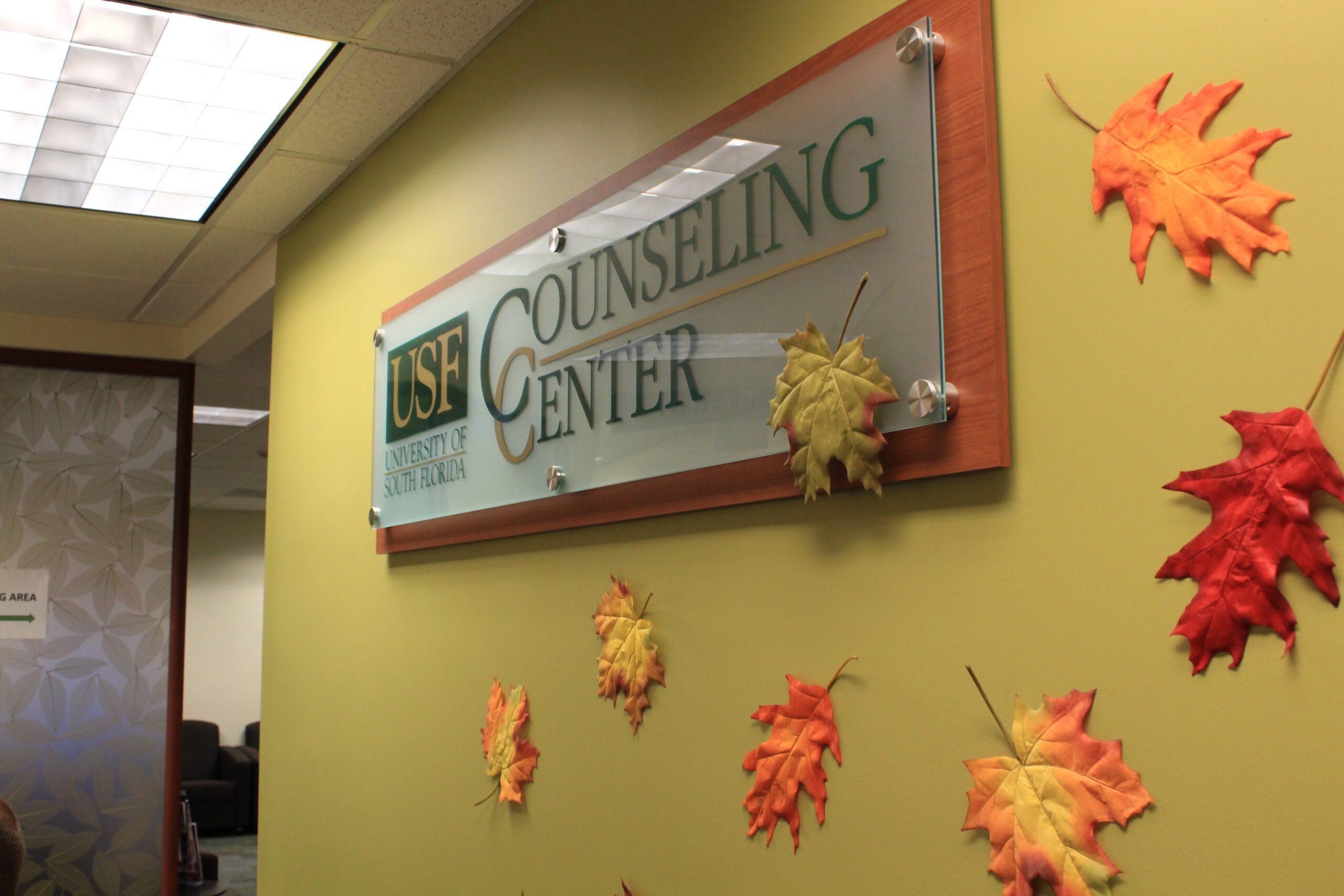
Kristin Kosyluk said the impact of Hurricanes Helene and Milton looks different on everyone, and recognizing these differences is essential for supporting mental health.
“We are not all in the same boat, but we’re all on the same rough seas,” said Kosyluk. “Some of us are in kayaks and others are on cruise ships.”
Kosyluk is a professor at the USF Louis de la Parte Mental Health Institute. She said the “biggest thing” USF can do is provide tools for people to focus on their present needs.
“We want our students, faculty and staff to be taking time to focus on the present moment and on their well-being,” Kosyluk said. “Be present, be mindful.”
Following back-to-back hurricanes, USF officials are encouraging students to seek support to navigate any difficulties related to stress.
USF offers a variety of mental health resources, including the Counseling Center, the online platform Therapy Assistance Online (TAO), which provides self help tools like mindfulness exercises, and TimelyCare for student support.
Scott Strader, director of the USF Tampa Counseling Center, said the Counseling Center is available to help restore normalcy and recover from the stress.
Related: A guide to USF’s post-hurricane resources
Strader said their goal after the hurricanes remains the same as under regular circumstances: to promote student wellness by offering individual and group counseling, urgent care and outreach services.
“The aftermath of a storm can be really traumatic,” Strader said. “We experience a lot of fear, anxiety and concern.”
Strader said counselors will assess how the storms impacted a student’s emotional and psychological well-being. If a traumatic response is found, they will use a trauma-informed approach to help the student return to their “normal functioning state.”
We need support from readers like you. Learn how
He said it’s important for students to know help is available to those who need it.
“I really encourage students to reach out and seek the services they need and not just sit silently and experience whatever they’re going through,” Strader said.
Related: Counseling Center aims to relieve student stress
Shannon Suldo, a licensed psychologist at USF, said common signs of stress include low energy, difficulty focusing and a tendency to feel irritated or overwhelmed.
“Things that might be easier to let go or brush aside become much harder to manage,” Suldo said.
Related: OPINION: USF, be a helping hand post-storm
She also said students can prioritize their wellness by making time for activities that promote well-being and help them connect with others on an emotional level.
“We have to have time devoted to a break, a nap, a warm bath, a talk with a friend, so you’re more re-energized to return to the goals that are important to you,” Suldo said.
Kosyluk said it can be hard getting back to routine after disruptive events such as hurricanes, but it is beneficial. She said returning to USF and teaching in person made her feel better.
“There’s a concept in mental health treatment called behavioral activation, which is this idea that if you get yourself to do something, you might feel better,” Kosyluk said.
Related: USF students critique ‘early’ return to class after Milton
Suldo, who is also a professor of school psychology, said USF’s attention and resources for mental well-being have increased over her twenty years at the university.
“There is nothing else I wish they would offer,” Suldo said.
One challenge in helping students is the negative stereotypes surrounding mental health issues, such as “negative incompetence,” Kosyluk said.
“Having more faculty, staff and other students talk openly about mental health and their experience sends a message to students that it’s okay to get help,” Kosyluk said.

